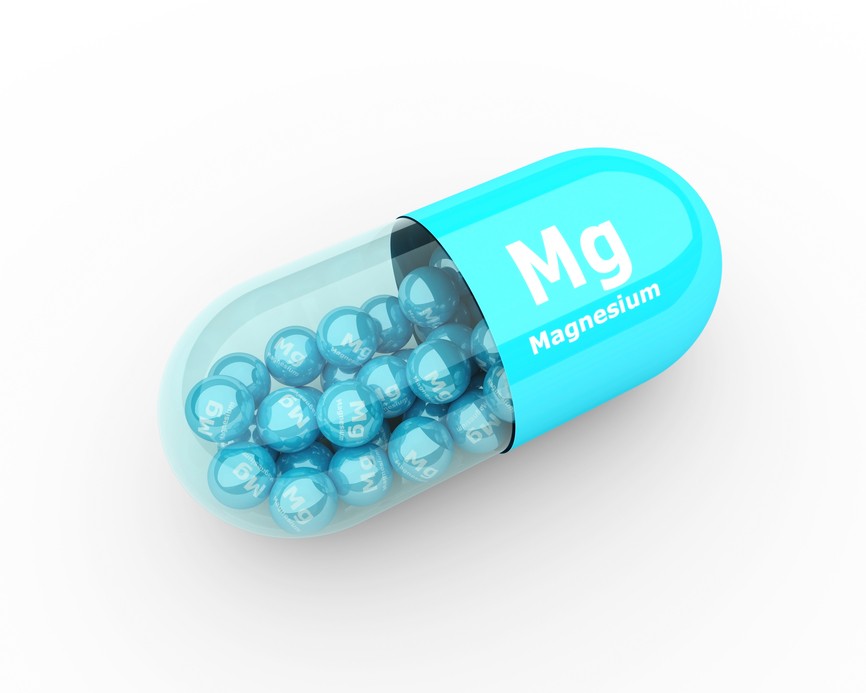9 Simple Tips You Can Follow to Stay Healthy During the Holidays

Holiday Health Tips
Don’t give up on your health during the Holidays.
Here are “9 Simple Holiday Health Tips” that will help you stay healthy and keep moving forward during this joyful and festive time.
See this video by our friend Kirk Hamilton, P-AC:
- Take 2 days off of work during the holidays
- Fill up on as many healthy foods (fruits and vegetables) as you can before going for the treats
- Substitute bean dip for high-fat creamy dips and dressings
- Stick to whole grain snacks to fill you up vs. refined and starchy snacks
- Try to eat a salad every day—your food choices for the rest of the day will tend to be better ones
- Take a walk after meals to settle your stomach
- Get some exercise first thing in the morning to keep your day going well
- Load up on the Vitamin C in the morning and evening to help with energy and provide immune support
- Limit your alcohol intake
The Importance of Vitamin C
Antioxidants like those included in Systemic Vitamin C can help boost immune function, while protecting our cells and DNA from free radical damage. These antioxidants can also serve as a preventative measure against many different health issues from colds and flu to more serious disorders like cardiovascular disease.
About Kirk Hamilton
Kirk Hamilton graduated from the University of California, Davis Physician’s Assistant Program through their Department of Family Practice in 1983.
Since 1986 he has been a practicing Physician’s Assistant at Health Associates Medical Group in Sacramento, California, a nutrient oriented general practice. Kirk has worked in a variety of practice specialties including: Family Practice, Nutrition, Prevention, Cardiology, Bio-Identical Hormone Replacement, Allergy, Acupuncture and Integrative Medicine.
About Kirk’s Book
Staying Healthy in the Fast Lane simplifies the causes and effects of modern chronic diseases by outlining the five dietary changes over the last century that have led to excess calorie consumption, and along with reduced physical activity, have resulted in the epidemics of obesity, heart disease, diabetes, and other chronic conditions.




